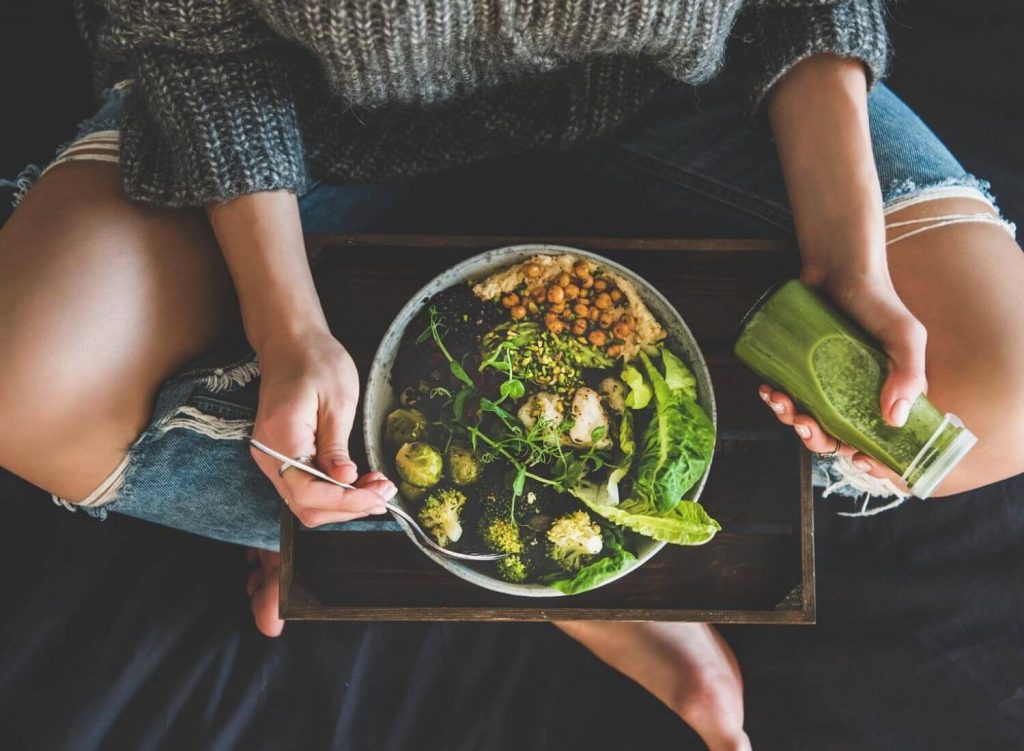A healthy gut is a necessity for a healthy body. To improve your gut health, it doesn’t have to be expensive or complicated. You can get a healthy, balanced gut microbiome by having food as close to its natural form, amping up your intake of fiber-rich food, probiotics, and making healthier choices in terms of lifestyle. So let us all make gut health our priority and strive for a happier and healthier version of ourselves.
Now that you know how important it is that you have a healthy gut let’s get into the detail of what you can do about it. The first aspect will be the food. An excellent place to begin is to start reading food labels and ingredient lists. Know what exactly you are putting into your system. Use the pointers below to decide whether it will do good for your gut health.
Foods You Must Eat To Improve Your Gut Health
The three pillars in terms of what to have more of are prebiotics, probiotics, and fibers.
1. Prebiotics
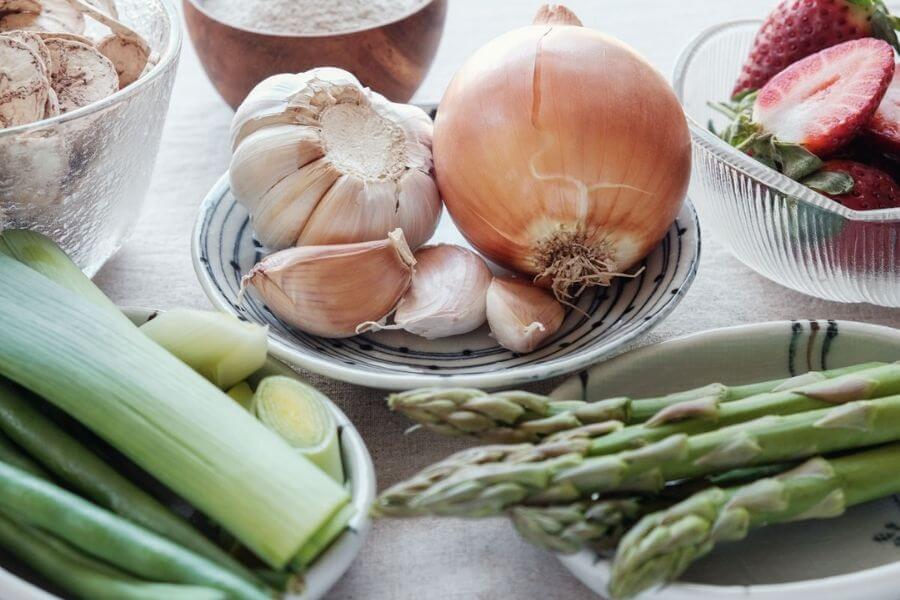
These are plant fibers that you cannot digest but feed the good bacteria in your microbiome, keeping them functioning optimally in your favor. Increasing your intake of fruits and vegetables such as citruses, guavas, berries, papayas, drumsticks, garlic, radish, etc., and any locally available varieties will give you that required dose prebiotics. It is a way cheaper route, depending upon marketed prebiotic pills and products, and is way more sustainable.
2. Probiotics
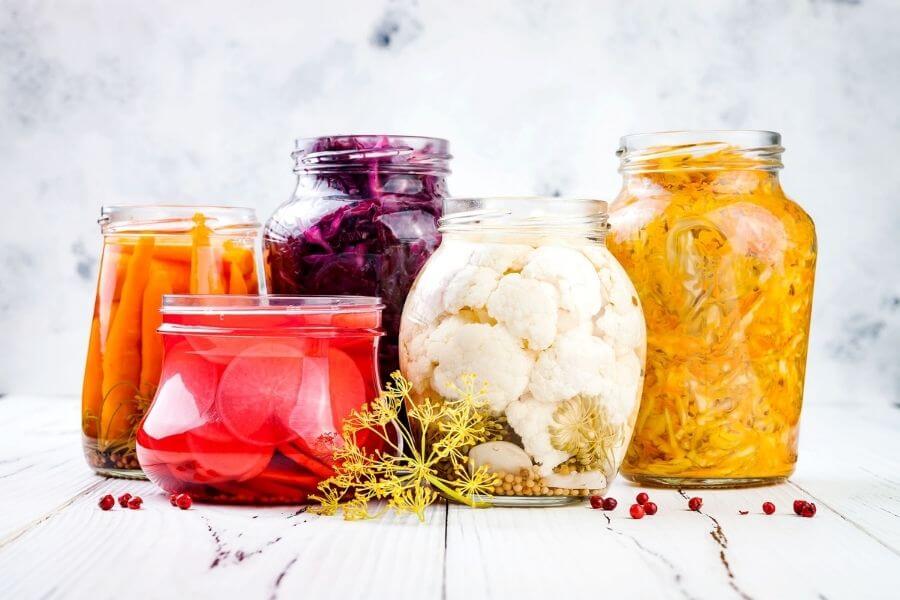
Probiotics are live cultures of bacteria and microbes that can add to the quantum and diversity of your microbiome. A general thumb rule you can follow is that any fermented food is rich in probiotics – your regular idli, dosa, dhokla, traditionally set yogurt, pickles work just fine.
Go for fancy kombuchas, sauerkraut, and kimchi are good options. Don’t fret if you can’t get your hands on such stuff. A good old traditional Indian diet will give you a good helping of these probiotics. Make sure you get in a minimum of one serving of fermented food every day.
The other option is to rely on probiotic pills, which are all the rage right now. But you can choose the natural route, which is both more wholesome and reliable. Be aware of packaged pills and drinks that you consume, regarding what type of bacteria the product has.
3. Fibers
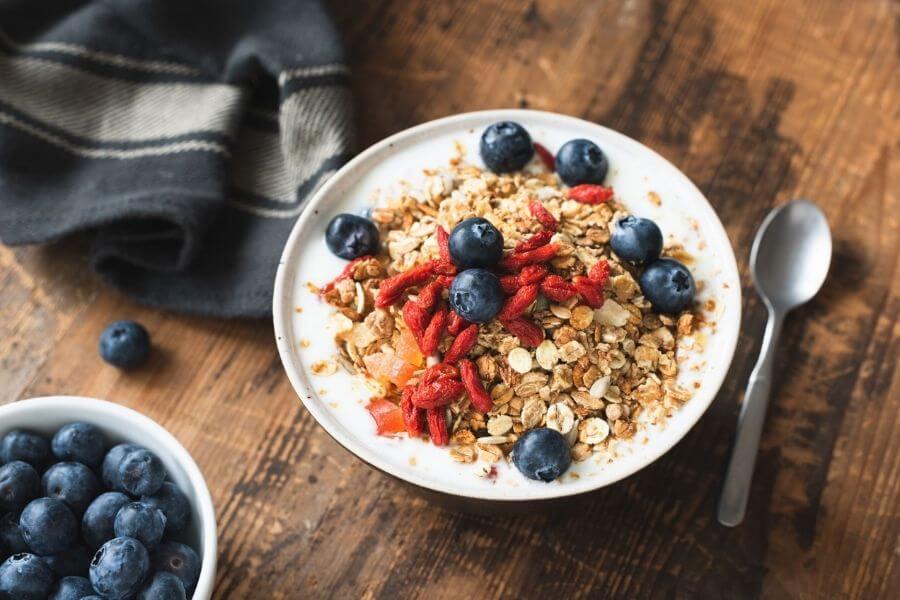
The bacteria in your microbiome feeds primarily on fiber found in fruits, legumes, whole grains, nuts, seeds, and vegetables. Hence, start eating fruits, greens, veggies, beans, oats, Indian gluten-free grains – millets, legumes, and a mix of various nuts and seeds throughout the day and week. Include different kinds in each category to get yourself the entire spectrum of health benefits.
Foods You Must Avoid
1. Processed Foods
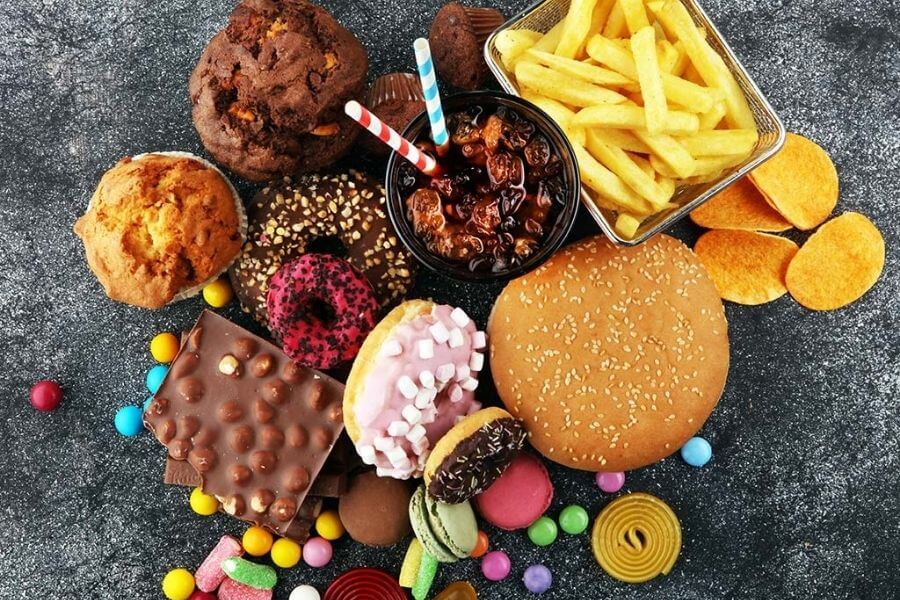
Cut down on your intake of refined, processed food such as cereals, packaged snacks, packaged bread, buns and pastries, instant noodles, and foods from fast-food joints. Switch to more wholesome food in its most natural form. Develop a habit of having home-cooked food and gradually cut out ordering in junk and having unhealthy meals at restaurants regularly.
2. Refined Sugar

If there were one food everyone will benefit by not having, it would have to be refined sugar. Its consumption feeds pathogenic bacteria and manifests as disease in our body. Stay away from refined sugar by reading the labels of food packages you buy. Better ways of satisfying your sugar cravings will be to munch on fruit and use natural sweeteners such as jaggery, dates, and honey. Also, brown sugar is no better than its white counterpart.
3. Gluten
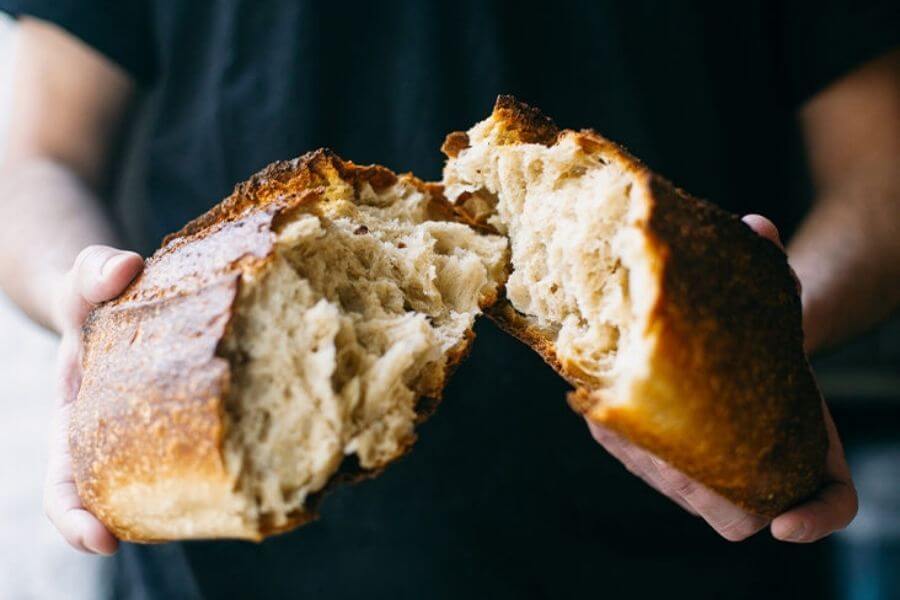
If you have gut issues, there’s a chance you might be gluten intolerant. To know if you are, try going off gluten and observe if you feel any better. There are very many alternatives available in today’s day and age. You could try rice, millets, etc. instead of gluten-laden wheat.
4. Animal Products
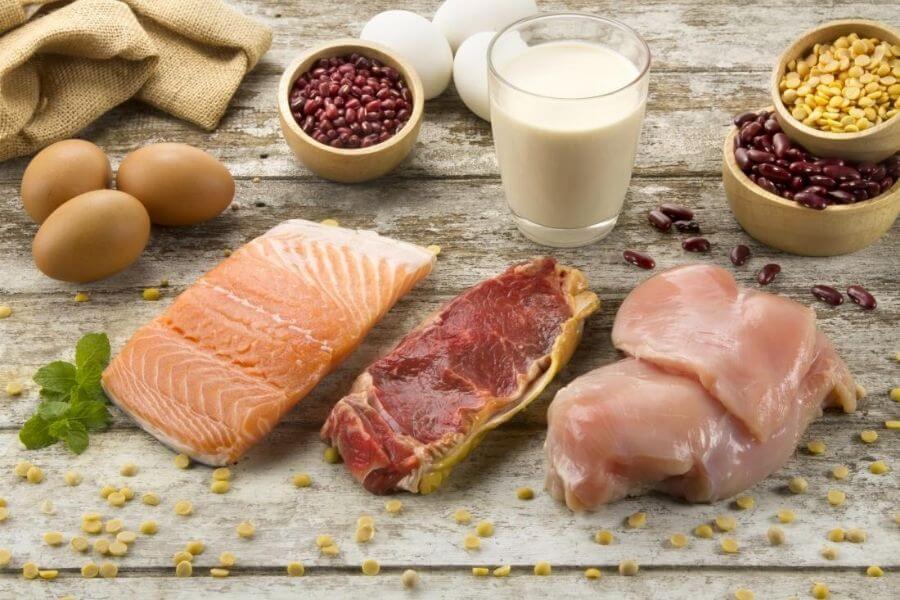
A diet rich in animal products and red meat tends to tip the scales towards the bad bacterial number in the microbiome. It is best to avoid their intake frequently and include more plant-based nutrient sources in everyday meals.
5. Refined Oil

These are as bad as refined sugar and are best avoided as they are potent triggers for inflammation and heart diseases. Instead, you can use cold-pressed oils, groundnut/sesame/mustard/coconut oil, or even ghee and grass-fed butter for cooking your foods. These are good fats that will add a whole lot of nutrition into your food, unlike the cheap, unhealthy refined oil.
6. Antibiotics

Go easy on the antibiotics. Stop popping them like candy for minor digestive trouble or flatulence. Antibiotics wipe out the good bacteria of your microbiome and bad ones, setting up the base for associated ailments in the future. Instead, analyze what the root cause of the problem is and fix it – be it your food, activity status, or stress.
Other Ways To Improve Your Gut Health
1. Mindfulness And Meditation

The gut-brain axis comes into play here. Make yourself more capable of managing stress better, so it doesn’t end up doing a whole lot of damage internally. Practice mindfulness, deep breathing, and meditation daily to help calm your nerves down and reduce stress.
2. Be Physically Active

Make ‘being physically active’ a conscious goal you work towards and achieve every day. It will help benefit your overall health, release endorphins – the happy hormones, give you more focus, and keep stress at bay.
Read Also: Gut Health Is Important: 7 Ways Unhealthy Gut Affects Health

